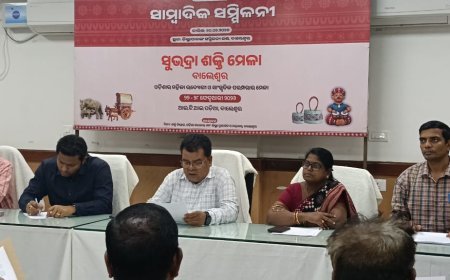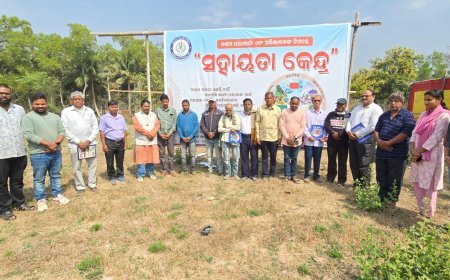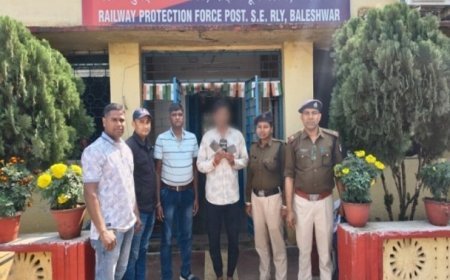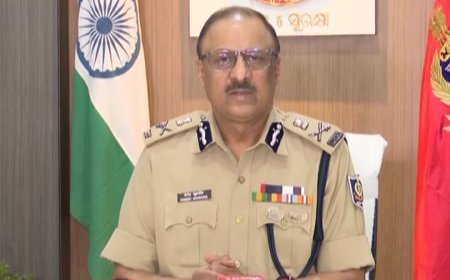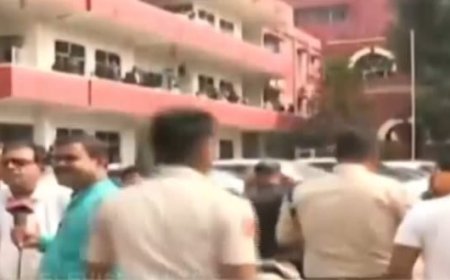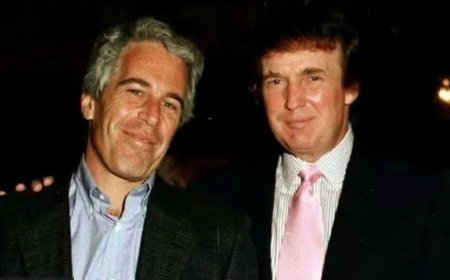A Bold Vision to Combat Corruption: Mandatory Military Service for Politicians
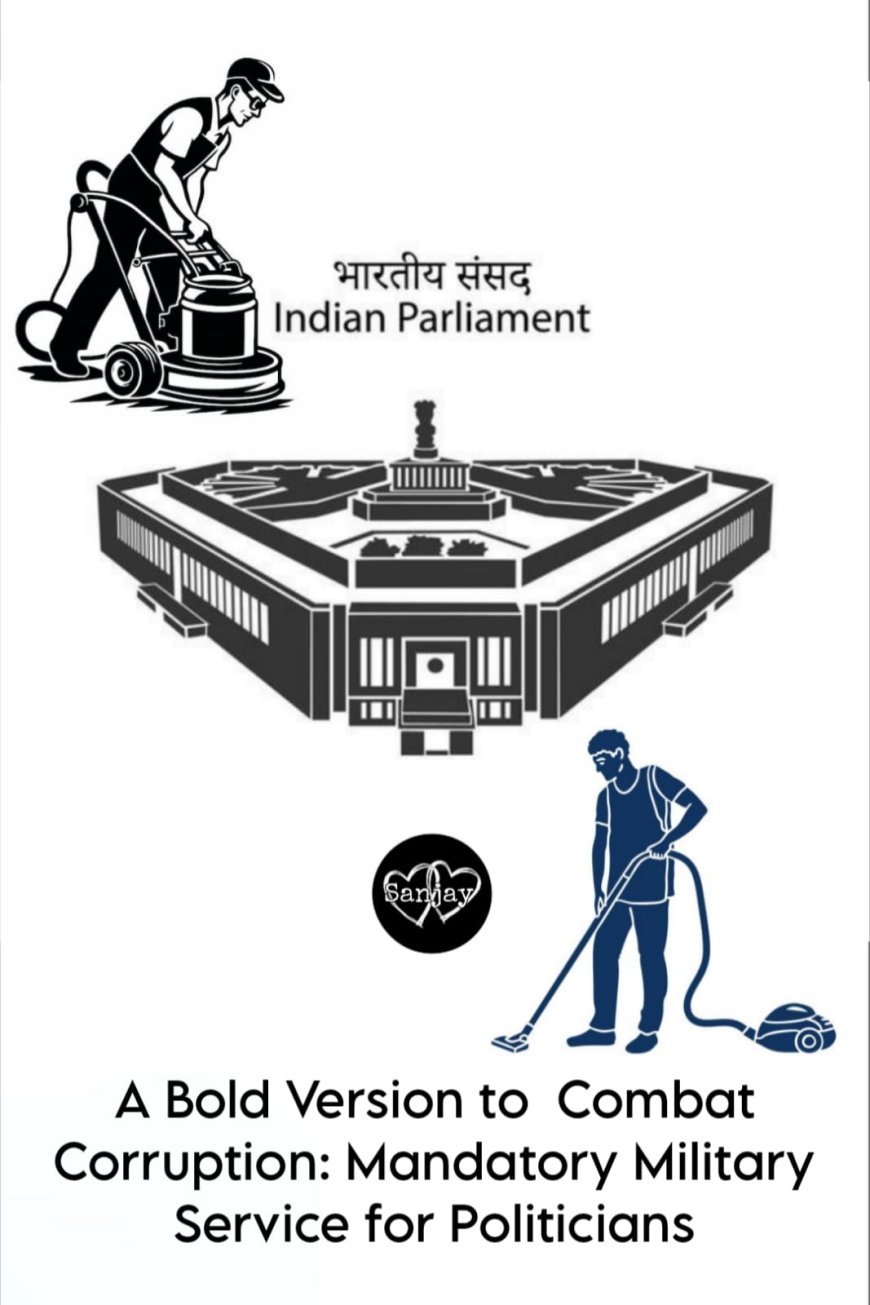
Corruption has long plagued India's political landscape, undermining public trust and hindering national progress. In an innovative approach to address this issue, a proposal suggests that aspiring Members of Parliament (MPs) and Members of Legislative Assemblies (MLAs) undergo mandatory military training and service. This initiative aims to instill discipline, patriotism, and a profound respect for the armed forces among political leaders, potentially deterring corrupt practices.
The Proposal: Integrating Military Service into Political Candidacy
The core idea revolves around requiring all Lok Sabha and Rajya Sabha candidates to:
- Sign a contract committing to serve in the Territorial Army (TA) for 90 days alongside regular soldiers.
- Undergo the same rigorous training and duties as standard TA recruits, without any special privileges.
For MLA candidates, a similar three-month military training program would be mandatory.
This approach draws inspiration from the Agniveer Scheme, which recruits young individuals for short-term military service, aiming to foster a sense of duty and national pride.
Potential Benefits
1. Filtering Candidates: The physical and mental demands of military training could deter individuals lacking commitment or seeking office for personal gain.
2. Enhanced Discipline: Exposure to military life may cultivate discipline and a service-oriented mindset among politicians.
3. Strengthened Civil-Military Relations: Firsthand experience in the armed forces could bridge the gap between civilian leaders and military personnel, fostering mutual respect.
4. Youth Engagement: The initiative may attract younger, more dynamic individuals to politics, rejuvenating the political arena.
Challenges and Considerations
While the proposal is ambitious, several factors warrant careful consideration:
Voluntary vs. Mandatory Service: Historically, politicians joining the TA without fulfilling regular duties have faced criticism. Ensuring genuine participation is crucial.
Legal and Constitutional Implications: Mandating military service for political candidates may raise legal questions regarding eligibility and rights.
Public Perception: The effectiveness of such a measure in curbing corruption remains uncertain and may be met with skepticism.
Conclusion
Integrating military service into political candidacy presents a novel approach to instilling integrity and patriotism among leaders. While the proposal is not without challenges, it sparks a vital conversation about the qualities we seek in our representatives and the measures necessary to combat corruption.
Your Thoughts?
Do you believe mandatory military service for politicians could effectively address corruption in India? Share your perspectives and join the dialogue on this transformative proposal.
Sanjay Pattnayak
Sundargarh









